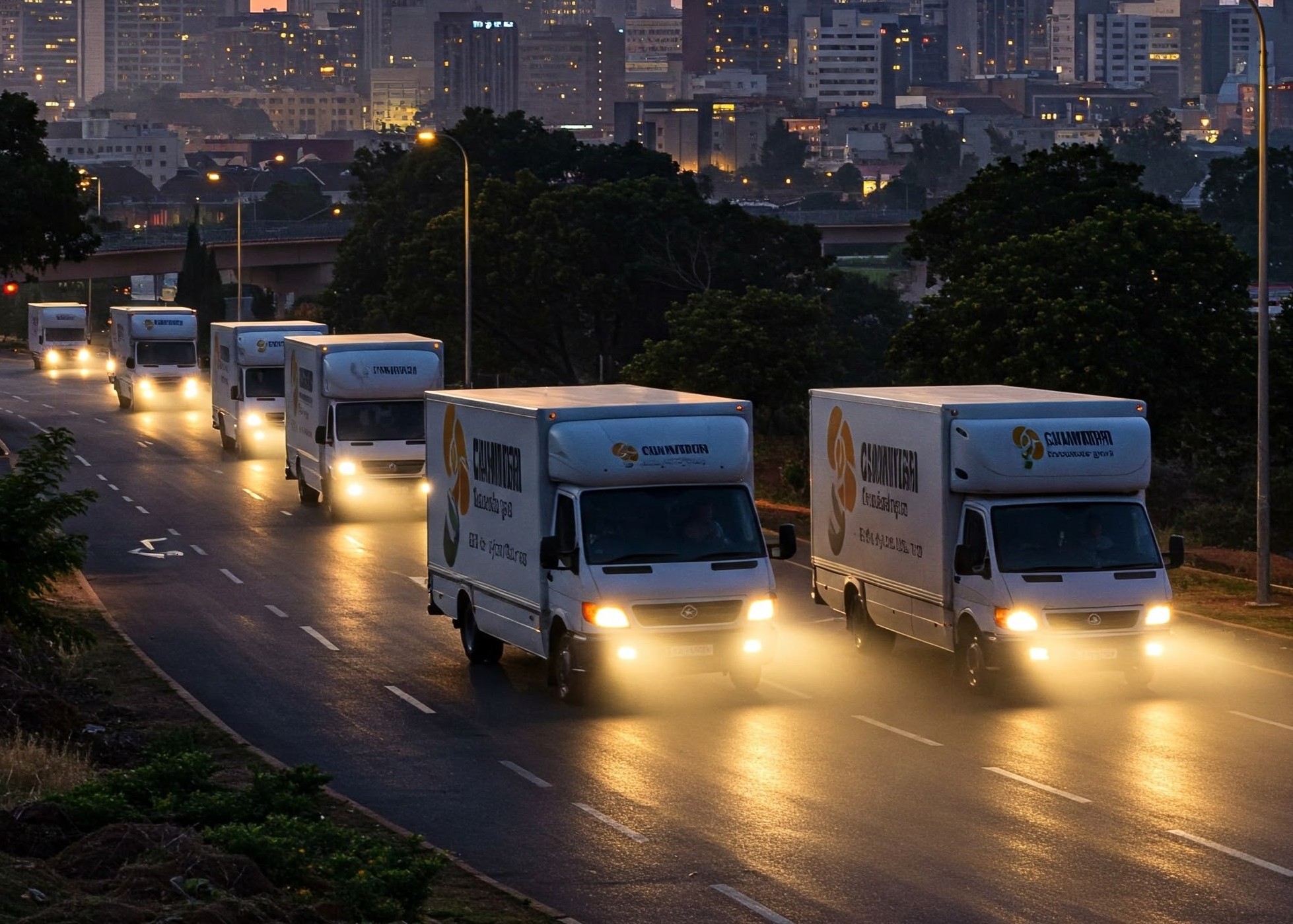People 'n' Issues
Migration reverses small-town
remote working
The ‘Wise Move 2025 Migration Report’ reveals how data and technology are transforming the SA moving industry, with a growing trend toward urban living.
Despite the global trend of people seeking small-town living in the wake of the remote work boom, South Africans are moving in a different direction.
Last year (2024), 71% of moves to the Western Cape point to the City of Cape Town and surrounding suburbs. This finding – revealed in the Wise Move 2025 Migration Report – suggests that, even with the flexibility of remote work, urban centres remain king.
The report, based on nearly 15,000 digitally-facilitated moves in 2024, provides a data-driven view of migration across the country – and reveals how technology is playing a growing role in reshaping the relocation process.
Western Cape migration activity shows a clear preference for metropolitan life. While bigger city towns like Paarl and George still attracted some of the Joburg traffic, the numbers pale in comparison. Overall, only around 9% of in-migration to the Western Cape went to the Garden Route, while 5% headed to the West Coast.

Image courtesy Wise Move.
According to the report, this is likely due to better job opportunities, the variety of educational institutions, great healthcare, and existing family support networks. The idea of escaping to a peaceful, small-town life might be appealing, but when it comes to actual moving decisions, people gravitate toward the hustle and bustle of city life.
From Sandton to suburbia
When it comes to moving within Johannesburg, one area stands out from the rest – Sandton. The financial heart is a magnet for professionals chasing career opportunities, taking 26.5% of all local relocations.
With its high-end apartments, corporate headquarters, and urban lifestyle, Sandton tops the list as Johannesburg’s most in-demand area. Following Sandton is Johannesburg Central (18.7%), offering a mix of urban convenience and historic neighbourhoods.
This is followed by Randburg (16.5%), Midrand (11.2%), Roodepoort (10.1%), Boksburg (4.3%), Kempton Park (3.8%), Germiston (3.3%), Benoni (3.2%), and Edenvale (2.4%).
Key insights from the report include:
- The most cited reason for relocation is the pursuit of paid work (22.9%), indicating that economic factors play a primary role in driving moves. This is followed by individuals relocating to be closer to a spouse or family (15.5%), reflecting the influence of personal and familial considerations.
- Less frequently cited reasons include crime (0.6%), divorce (0.5%), and political instability (0.1%).
- The timing of moves is closely aligned with the school holiday calendar, with peaks occurring during these periods.
- The most popular time for move-related bookings is 9am on a Monday morning, suggesting that many people begin planning their moves at the start of the work week.
- In terms of demographics, most moves are made by individuals aged 25–34 (31.19%), followed by those aged 35–44 (24.39%). This trend points to a high level of mobility among young professionals, potentially linked to career changes, lifestyle adjustments, or family-related decisions.
“Through our platform, we’re simplifying moving, but we’re also generating interesting migration data,” says Chante Venter, co-founder and CEO of Wise Move. “The inaugural 2025 Migration Report reflects millions of kilometres travelled, thousands of property changes, and real insight into how South Africans are moving – and why.”

Chante Venter. Photo supplied.
Operating at the intersection of logistics technology (logtech) and property technology (proptech), the digital platform Wise Move connects users to vetted and verified movers. The platform uses AI-powered quoting, algorithmic mover-matching, and route optimisation.
Wise Move has facilitated over 25,000 moves nationwide and is positioning itself as a scalable logistics-tech solution in the home services space. The company’s proprietary data is being used by real estate platforms, moving companies, and local government planners to understand mobility patterns and infrastructure demand.
* Read the ‘Wise Move Migration Report 2025’ here.














